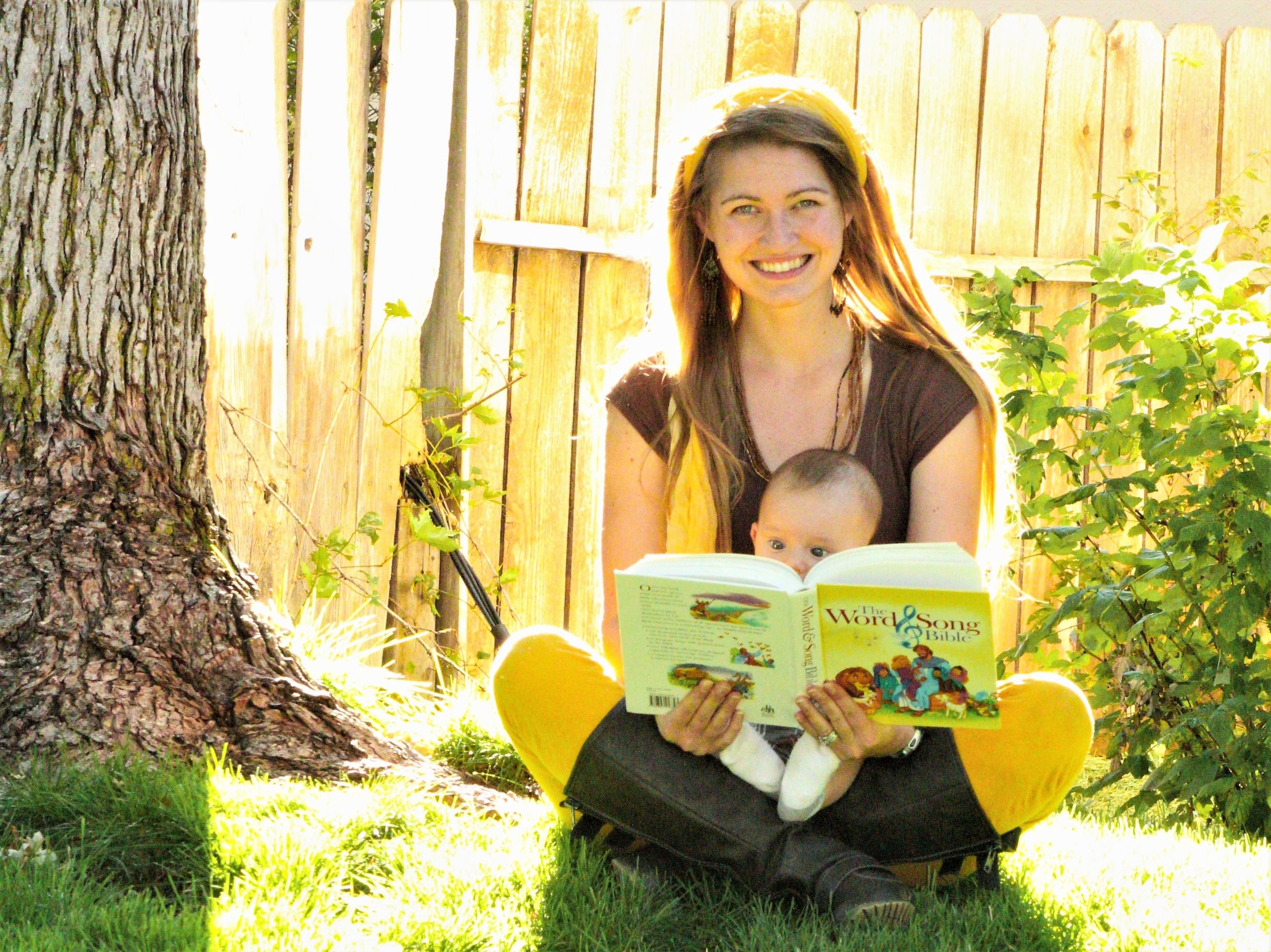I have been teaching elementary school for 22 years. The majority of my teaching has been in a reading lab classroom teaching reading intervention to struggling readers. I have small groups of students that come to me everyday for thirty minutes a day, kindergarten through fourth grade. Usually three to eight students at a time. There are lots of students everywhere that struggle with reading due to many different things. This could be the result of eye issues, hearing, sick often and miss a lot of school, family life, housing, homelessness, dyslexia, ADD/ ADHD, etc. All of these things need to be considered and taken into consideration.
If you have young children or plan to have children, it would be a great advantage to you and your children or grandchildren if you would read to them as often as possible and start as young as possible. Start reading to them when they are still in the womb. The first thing a baby learns is the sounds of their language. When a baby starts making their first sounds they are trying to make sounds that they hear spoken to them. This babbling is their first language experience which leads to putting the sounds together to make words. Once they learn some sounds and some letters they begin matching those sounds to letters and they can make simple words as they get older. That’s how they learn to read. When they are old enough take them to the library and let them pick out a book or two to take home. When it’s time to return them they may want to pick more books. When they are older you can take them to a book store. If you need a birthday gift for friends of your child, a book is always a good gift.
Take them to as many places as you can. The more they experience when they are young the more things they know about when they start school. It builds their background knowledge. The things they learn from their life experiences will help them to understand some of the things they will later read about. Imagine a child reading a story about having to shovel snow, snow skiing, and sledding and has never seen or experienced snow. Some children have never been 30 miles away from their homes, never been to a movie, don’t have books in their homes and rarely leave the home they live in. Bring them to a park, hiking, kayaking, to sporting events, to the zoo or a festival to listen to outdoor music. All of these things along with numerous others help to build a child”s background knowledge.
So many people have cell phones, laptops, notebooks, as well as many other types of electronic devices that children are already using. Why not let your child play these educational games on the electronics that are already at their fingertips. There are many free apps online for children to play educational games that help to teach children the alphabet and the sounds they make. The games advance as the child learns the skills. Eventually your child will learn more and more reading skills. There are even electronic toys made especially for teaching very young children sounds and letters. I would not recommend using the electronics as a baby sitter. Also time spent on electronics should be limited, not only for children but for everyone.
This information is just the beginning of climbing the mountain to reading. The most important thing is to read to the child everyday or as often as possible. This does so much more for the child and for you than just reading a book. Children learn a lot about language just from listening to someone read books to them and talking about the story.

Some things to talk about with the child is: Who are the characters in the story?
Where did the story take place? What is happening in the story? Did the characters have a problem? How did they solve the problem? The child will have learned so much from these experiences. They will be ready to start school when the time comes. Your relationship grows stronger as a love of reading develops. NOW, let’s start reading to those babies!
